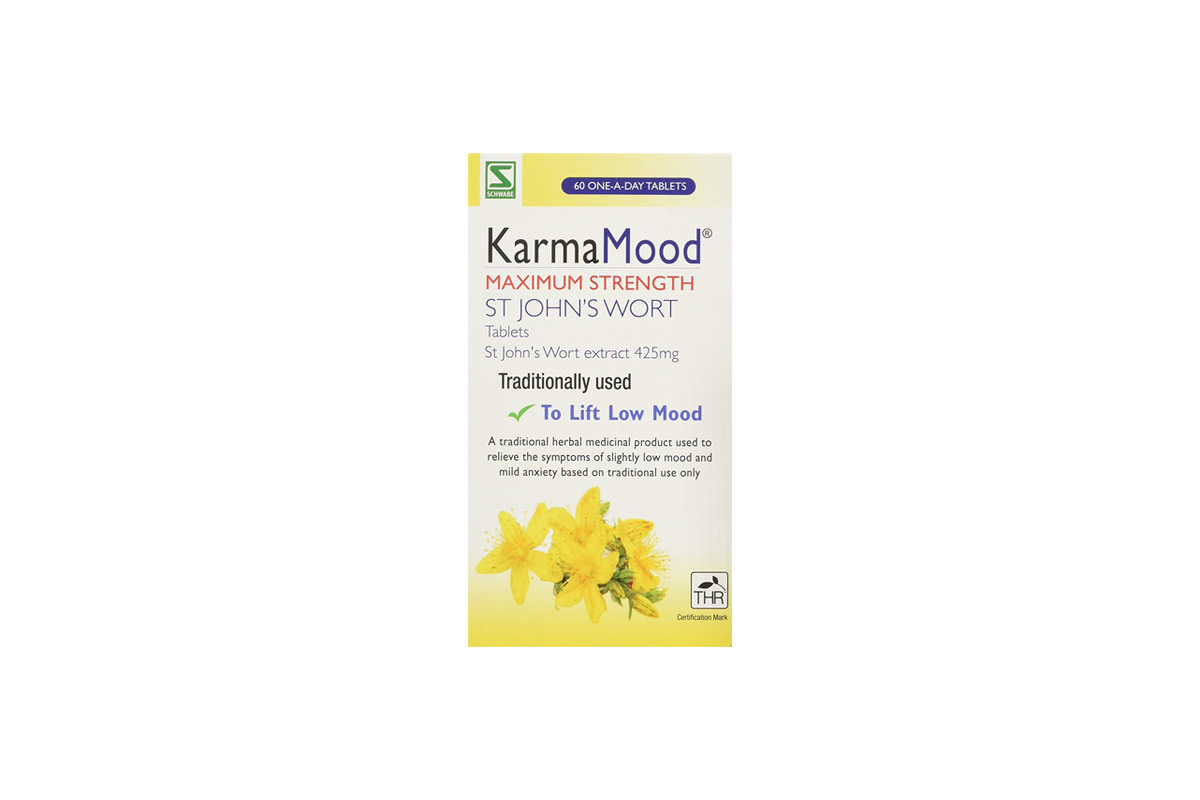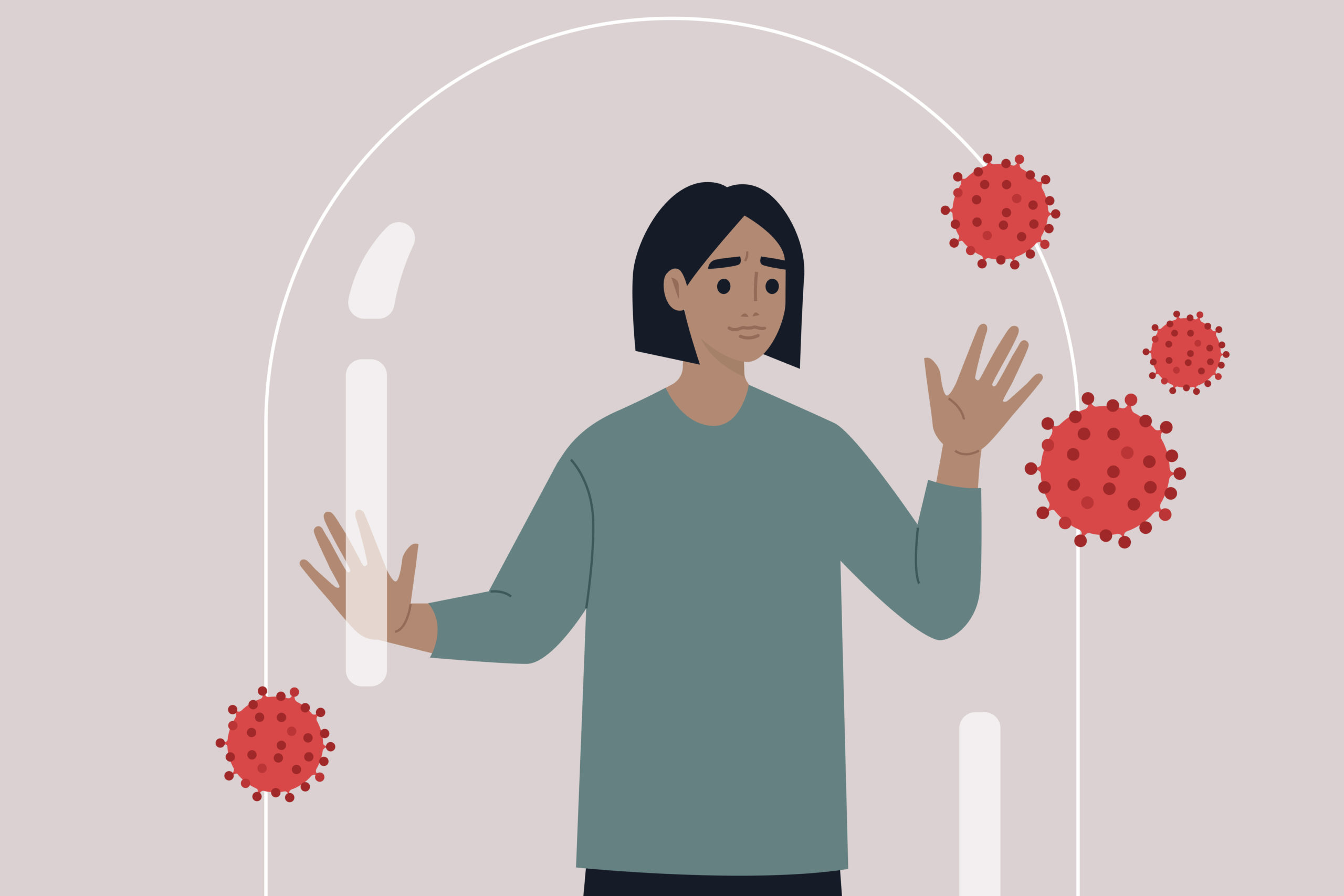“Half the population are going to go through a menopause, it’s something we do need to be talking about.” – Dr Dawn Harper
Menopause has been a hot topic lately and it’s finally getting the media coverage it deserves, considering it’s a natural occurrence yet, for the most part, we’re people and many GPs are ill-equipped to deal with it.
Jane Garvey and Paulette Edwards hosted a phone-in broadcast on Radio 4 accompanied by guest Dr Dawn Harper, a menopause specialist to answer questions from the public about the transition.
From the first instalment of the show, which went on throughout the week, it’s evident the burden the menopause can be on some women, with the most severe cases utterly destroying their quality of life to a sub-standard existence.
From the diversity of questions from the call-ins, it’s evident every woman is different and no one menopause is the same as Dr Dawn Harper remarks,
“But the symptoms you can get are incredibly varied… joint pain, dry skin, changes in hair, the emotional changes are really quite striking. I remember I had a lovely lady, she was ahead of a multinational company, incredibly savvy lady and she came in one day, sat in my consulting room, burst into tears and said I can’t even decide what colour knickers to put on in the morning, I’ve lost it…. It can make some women’s lives really miserable.”
Whats more is that the woes and laments of calls from those studying demonstrate the lack of the correct knowledge out there.
See below some of the questions the public asked Dr Dawn Harper on the show.
Relationships with GPs

Throughout the show, many of the callers expressed their trouble with GPs not providing the right support and care.
A GP phoned in and explained the issue, describing the process to get the proper menopause training as “dismal”.
She explained, “For a GP there are two ways to get knowledge about the menopause, one is to do self-directed study, the other is to go on a course and get a certificate of menopausal care. Both of them are regulated by the menopause society which is a very reputable provider of training for GP. I have only done the theoretical training for the certificate of training for menopausal care, which has cost me £500 to go on that two-day course and now I’m waiting to finish that certificate and there are no trainers to provide any practical training.”
If this is the case nationwide then the issue is not down to doctor’s negligence as many would suspect but that they’re not informed enough to deal with the menopause.
For patients, Dr Dawn Harper identified a good way to ensure your GP is well-equipped with the right knowledge to support your transition.
“GPs are generalists by definition but we all have areas of specific interest… one of the reasons receptions will be asking your problems (note they are bound by the same confidentiality rules as a doctor) is because they will be able to put you through the doctor with the most specific experience to your problem. It’s worth waiting to see that doctor if you have a specific problem.”
The HRT Risk
“Why would I try HRT it is dangerous?” asked one caller.
“It has side effects it does have genuine risks. It does, for example, have a slight increase in the risk of breast cancer, in real terms, you would get one extra case of breast cancer for every thousand women per year. That risk is actually the same as drinking one or two units of alcohol per day just to put it into perspective.”
One woman commented, “I really couldn’t function without it”.
Are You Just Delaying The Inevitable?
If HRT is replenishing the depleted hormones, once you come off the therapy will all these symptoms return?
“Yes to a degree you are at risk of getting hot flushes what I do is I gradually and very carefully reduce the prescription and what we find then is that we are controlling the gradual fall back of estrogen and some women do get sweats and flushes and so on but they do tend to be less severe and less prolonged than menopausal symptoms they have in the first place and most women who get hot flushes and sweats say on average they will last on average between six months and two years” said Dr Dawn Harper.
How To Treat Anxiety & Depression
One suffering caller explained, “I had breast cancer last year so I was catapulted into a really sudden menopause by the therapy and I think a lot of people don’t know what happens with the breast cancer treatment. For me, the symptoms have been really really acute anxiety… and really debilitating and depression.”
Mental health is a prominent symptom of the menopause that can literally be “debilitating”, of course, Dr Harper suggests the go-to for dealing with this is HRT, but for those unable to take the therapy due to genetic predispositions there are alternatives out there.
Dr Harper says, “It’s not HRT or nothing, so I understand if you don’t want to go on HRT because of your breast cancer history, but actually certain antidepressants are very effective for perimenopause mental health issues or even St John’s Wort, a herbal remedy.”
Herbal remedies don’t need regulation in the same way medicines do, which can make it difficult to know if you’re actually buying what you intended to. The easiest way to find out if you’re buying the remedy with the correct ingredients is if there’s an information leaflet inside the box.
St John’s Wort 425mg Tablets – 60 Pack – £16.95
What If HRT Doesn’t Work?
Every woman’s experience with the menopause is different and so there need to be a diverse range of HRT to best deal with each individual case. There are over 70 different types of the therapy so if one doesn’t work on your first try then by no means rule it out.
“HRT is an umbrella term and there are lots of different regimes, if you haven’t got on with one you’ve tried already, certainly do go back and if you’ve had an unsuccessful try with one version write how you’re feeling down so you have that information with your hand to your doctor” says Dr Harper.
Listen to the full BBC Radio 4 show here.
If you’d like more advice, please visit our Menopause page where you can find all our resources with the option to email our partnered Menopause specialist, Dr Kathy Abernethy.






